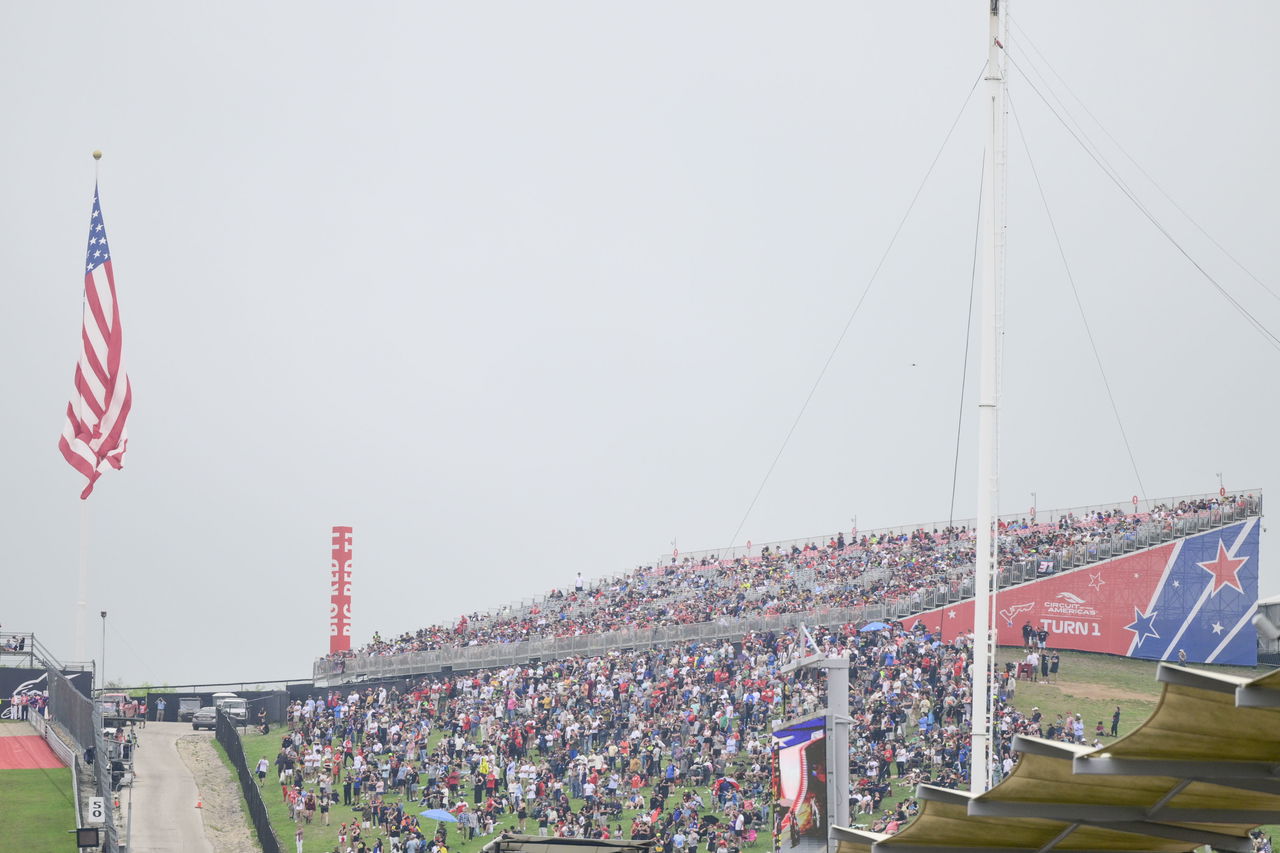Under the ownership of the next Liberty Media, MotoGP has repeatedly spoken about its priorities in expanding its presence in the United States.
MotoGP has long ties to the US through world champion legends such as Kenny Roberts SR, Wayne Rainey and Eddie Lawson, as it was dominated by American riders from the late 1970s to the mid-1990s.
MotoGP visited the country at least twice, at the late 2000s and early 2010s, when Formula 1 had no US Grand Prix.
Comments have already been made about the possibility of adding a second US event to the calendar in the coming years, along with racing in Kota. As it is considered an important market to help the championship grow.
However, the uncertain geopolitical climate between Europe and the US as a result of President Donald Trump’s trade tariffs will create problems for some of MotoGP’s major manufacturers and brands.
Carlos Ezpeleta, chief sports officer at Dorna Sports, says the current trade war “has not impacted plans to grow MotoGP in the US,” but admits that the championship must be wary of the ever-changing geopolitical landscape.
“So the US is a big strategic target for several reasons, but that’s a very important market,” Ezpereta said when asked from crash.NET in an exclusive interview whether Trump’s tariffs are causing headaches for MotoGP’s US expansion plans.
“At this point, I don’t think geopolitical factors have influenced us in our plans or strategies.
“Of course, it affects the natural macroeconomic situation in the world, and if there is a recession or something, it affects what normally happens in other parts of the world.
“But I am not commenting on these macroeconomic factors or political opinions right now.
“But for us, a big target for us is to raise our teams and championship sponsorship levels, which will definitely come from nurturing new audiences and attracting non-endemix sponsors to the sport.
“We’ve already done it and are happy.”
Over the past decades, MotoGP has faced major geopolitical challenges, including the financial collapse of 2008 and the symbiotic pandemic of 2020.
But Dona was able to navigate these difficult times well.
“Undoubtedly, when we manage such a global platform, we’ve been affected by a lot of things: floods, pandemics, recessions, quarantines, and more. So that’s what happens,” concluded Ezpereta.









